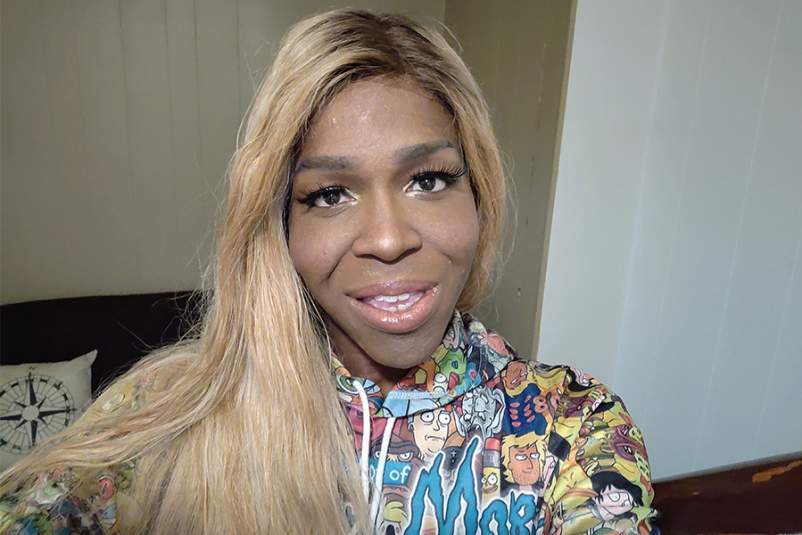April 13, 2020 – TheBody.
by Tim Murphy
Obviously, our current COVID-19 crisis brings up a lot of anxiety, even PTSD, for folks living with HIV/AIDS, especially longtime survivors. All the talk of who's spreading it and how, the daily nationwide sickness and death toll, the dread that oneself or loved ones will suddenly take a turn for the worse, and the frequent examples of government incompetence and apathy amid a crisis—let's face it, it's all a little too reminiscent of a certain epidemic many of us remember too well from the 1980s and 1990s.
But the flip side of all that devastation and grief is resilience and grace, and that's what so many folks living with HIV/AIDS—nationwide and globally—are exhibiting as we hunker down through this pandemic of indefinite length and scope. TheBody spent the past few days talking to 10 people living with HIV nationwide to find out how they're affected and why they're scared—but also how they're coping, adapting, and staying connected in these challenging (and isolating) times. Send your own COVID-19 stories to timmurphynycwriter@gmail.com. We want to stay on top of how the community is faring.
TheBody checked in with D.C. transgender activist Aryah Lester, who's been relying on pork belly, her fave teen horror flicks, and lots of virtual friend-bonding to get her through the COVID-19 crisis.
Aryah Lester, deputy director of the Transgender Strategy Center, 40
Washington, D.C.
Diagnosed with HIV in 2012
Tim Murphy: How have you been affected by the coronavirus crisis?
Aryah Lester: Financially, I'm fine. We've actually had more of an influx of work because a lot of trans-led organizations, especially Black- and Brown-led ones, are needing more assistance when it comes to organization-building and expanding their capacity, especially as a lot of things are going virtual and their clients are testing positive with COVID-19, and it's affecting direct services. A lot of people are hitting me up personally.
I've been directing people to just following the CDC guidelines, which are ever-evolving. And with the Fund for Resilience and Equity that AIDS United manages, we are crafting a webinar on interpersonal and community healing during this time. Because when you look at transgender populations and how we were affected by both HIV and a lack of access to adequate gender-affirming health care services even before all of this, there's now heightened fear and anxiety in the trans and gender-nonconforming [TGNC] community, in terms of getting regular access to hormones or engaging or continuing in HIV care.
TM: How are you getting social interaction and staying connected?
AL: I have a good support system of staff and other trans leaders around the country. We've been checking in on one another. Most of us have Zoom accounts, so we do our one-on-ones or maybe just three of us, or maybe bigger, where we can see and hear each other. We'll be watching a move together via Zoom or Facebook Live. The last movie I watched was Tremors, a childhood favorite about underground monsters who kill people in a small town in Nevada. Continue reading on TheBody...





